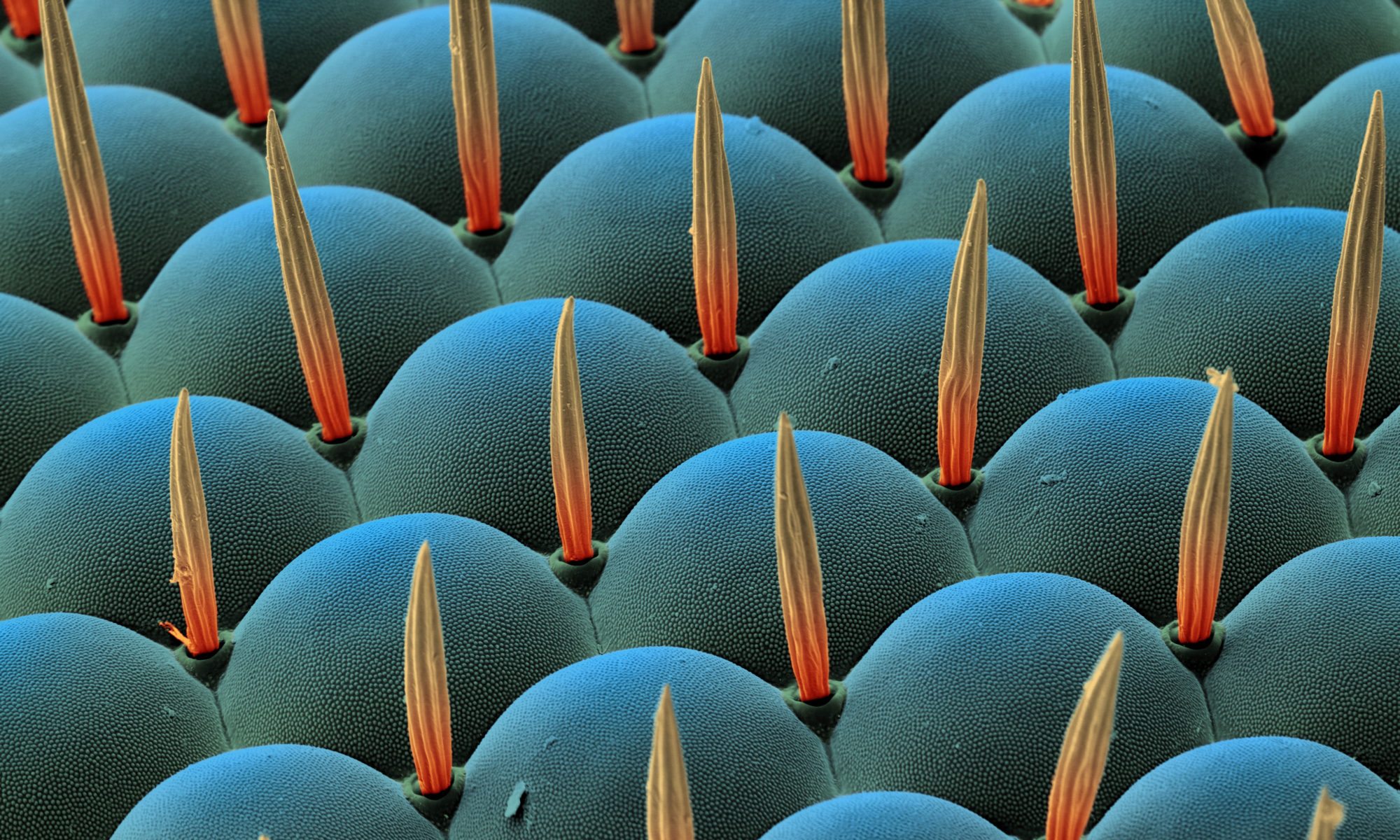Are you a motivated student who would like to work in an interdisciplinary team of pharmacists, biologists and nanoscientists? Then this might be perfect for you.
Research/Thesis Project: Investigating YidC mediated folding pathways of α-helical membrane proteins
This interdisciplinary topic offers fascinating possibilities for different research/thesis projects focusing on membrane protein biochemistry and biophysics.
Call for Master’s Thesis Project in Atmospheric Science
Detection of Highly Reactive Compounds in Aerosol Particles as an Indicator for Particle Toxicity
Description: A recent study by the World Health Organisation estimates that 1 in 8 deaths globally are a result of air pollution exposure. Aerosol particles are the most toxic component of air pollution, and despite a wealth of evidence linking aerosol exposure to a range of diseases and respiratory conditions, the mechanisms responsible for this are poorly understood. A growing body of evidence suggests that highly reactive chemical compounds present in aerosol particles may play a crucial role in determining their toxicity. Detecting highly reactive chemical species poses an analytical-chemical challenge due to their high reactivity, low ambient concentration and inherently short lifetime; therefore new, innovative techniques are required to detect these chemical species and determine their influence on air pollution toxicity. […]
Master Thesis Proposal
Effect of bending-related phenomena on the spectrum profile of the fundamental mode in an optical fiber
Context
In minimally invasive surgeries, it is often required to use non-rigid instruments in order to maximize accessible regions. However, the main drawback of using flexible tools is the higher risk of damaging non- target tissues as there is uncertainty about their shape. Consequently, an accurate tracking system is needed. Shape sensors based on Fiber Bragg Gratings (FBG) are suitable for this task, because they are small, biocompatible, immune to electromagnetic interference, and require no line of sight.
One of the most recent types of these sensors is based on edge-FBGs, where the Bragg gratings are inscribed on the edge of the core in a single-mode optical fiber using point-by-point femtosecond laser technology. The amplitude ratio of the edge-FBGs is sensitive not only to external perturbations but also to the spectral change of the propagated mode inside the fiber. Therefore, the main challenge is to estimate and correct the effect of spectral instability on the performance of these sensors. […]
Ausschreibung Masterarbeit: Nano-structuring of dielectric sensors for tongue- machine interfaces as Anti-snore trainer
Adequate sleep is a key part of healthy lifestyle and essential for your mind’s fitness. Every second person worldwide, however, is affected by disruptive snoring and sleep apnea – in more than 30% directly related to a lack of tongue muscle control. Current anti-snore treatments are either based on passive mouthguards or costly custom-made devices, which exhibit poor efficacy and lack scientific validation. Finally, uncomfortable designs, the burden at night and low motivation to change the life-style lead to early drop-out rates as high as 70%. A unique polymer nanotechnology for ultra-thin pressure sensors and stretchable electronics was developed and patented at the University of Basel, Biomaterials Science Center. […]
Read more:
Project work for Master students
Are you looking for a laboratory to perform your project work for your Master Program?
Would you like to gain experience working in an industrial company?
Lecture on Drug Discovery at the Biozentrum
Dominic Höpfner from the Novartis Institute for Biomedical Research and Torsten Schwede from the Biozentrum are offering a lecture series on Making of a Drug. It is aimed at MSc and PhD students with a life science background. The lecture series is part of the graduate teaching program at the Biozentrum.
Master Thesis Project in Biomolecular Engineering
The aim of this project is to find out the most mechanostable pulling geometry of an engineered lipocalin which acts as an antibody against a tumor-associated receptor, cytotoxic T lymphocyte antigen-4 (CTLA- 4). The results will deepen our knowledge of the mechanical properties of proteins and help us optimize the design of drug delivery nanoparticles. […]
Master Thesis in Atmospheric Chemistry on the Oxidation of gaseous elemental Mercury in the Atmosphere
We offer an interesting master thesis in Atmospheric Chemistry, investigating the oxidation of gaseous elemental mercury (GEM) using laboratory experiments. Mercury is a top-priority pollutant, and each year anthropogenic activities emit 2000 tons of GEM into the atmosphere. The oxidation of GEM to reactive mercury drives the deposition to the Earth’s surface. However, the exact mechanism of GEM oxidation remains largely unknown. […]
Master Student Proposal
Dissecting cellular uptake mechanisms. A novel pharmaceutical nano drug delivery formulation.
Are you a motivated student who would like to work in an interdisciplinary team of pharmacists, biologists and nanoscientists? Then we are a perfect match for you. We are looking for one (optionally two) master students who will do their work at the department of Pharmaceutical Sciences, Group Prof. Dr. Jörg Huwyler in the field of nano-drug delivery.
The projects are shared between either Dept. of Phys Chemistry (Schwerpunkt Physik) and Dept. of Biology (Schwerpunkt Biologie), but are executed at the Department of Pharmaceutical Sciences – Group Pharmaceutical Technology of Prof. Dr. Jörg Huwyler.
